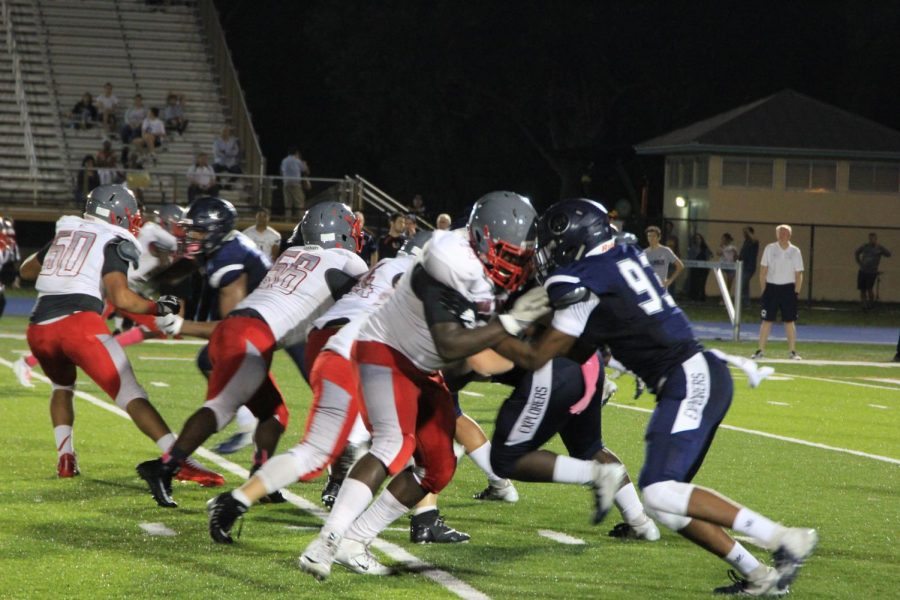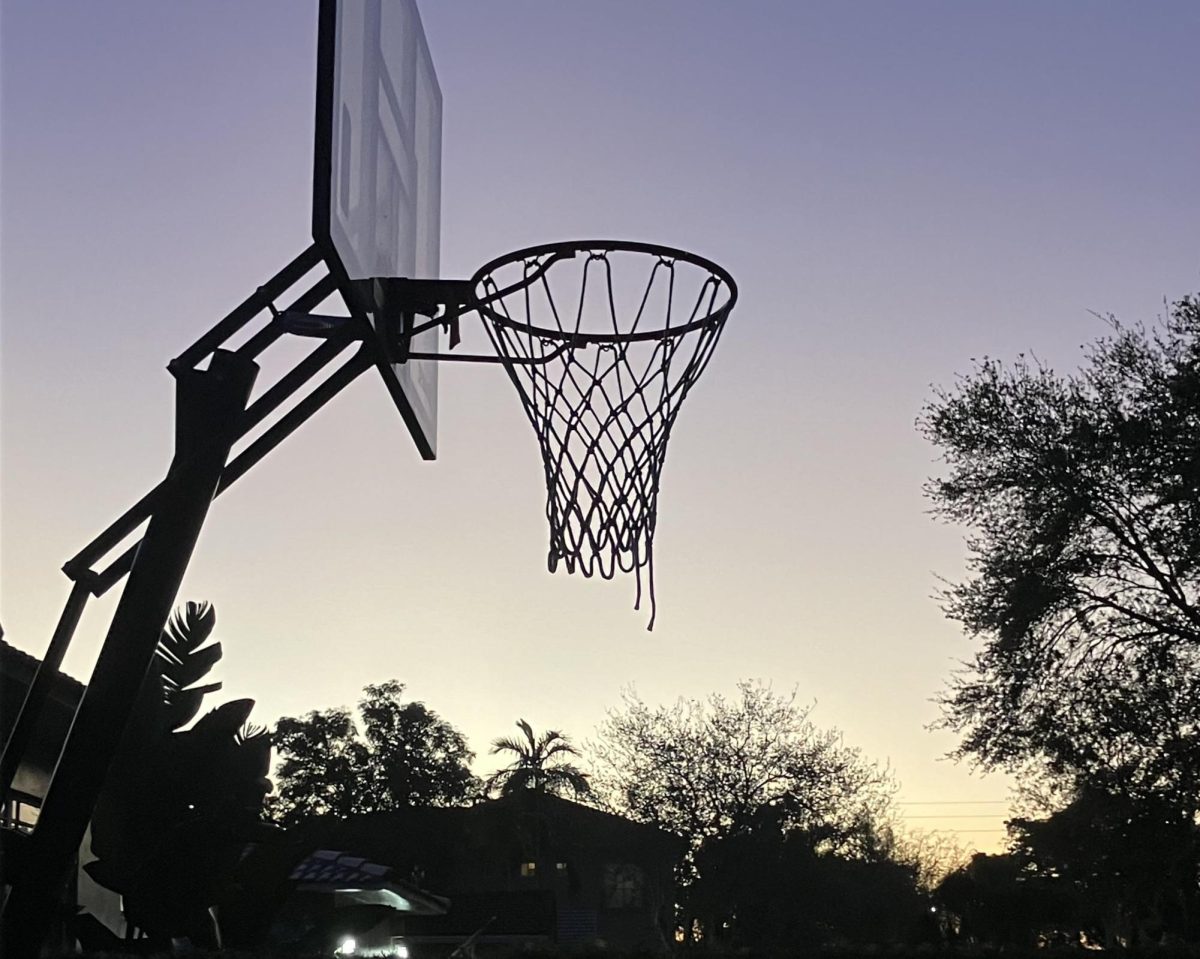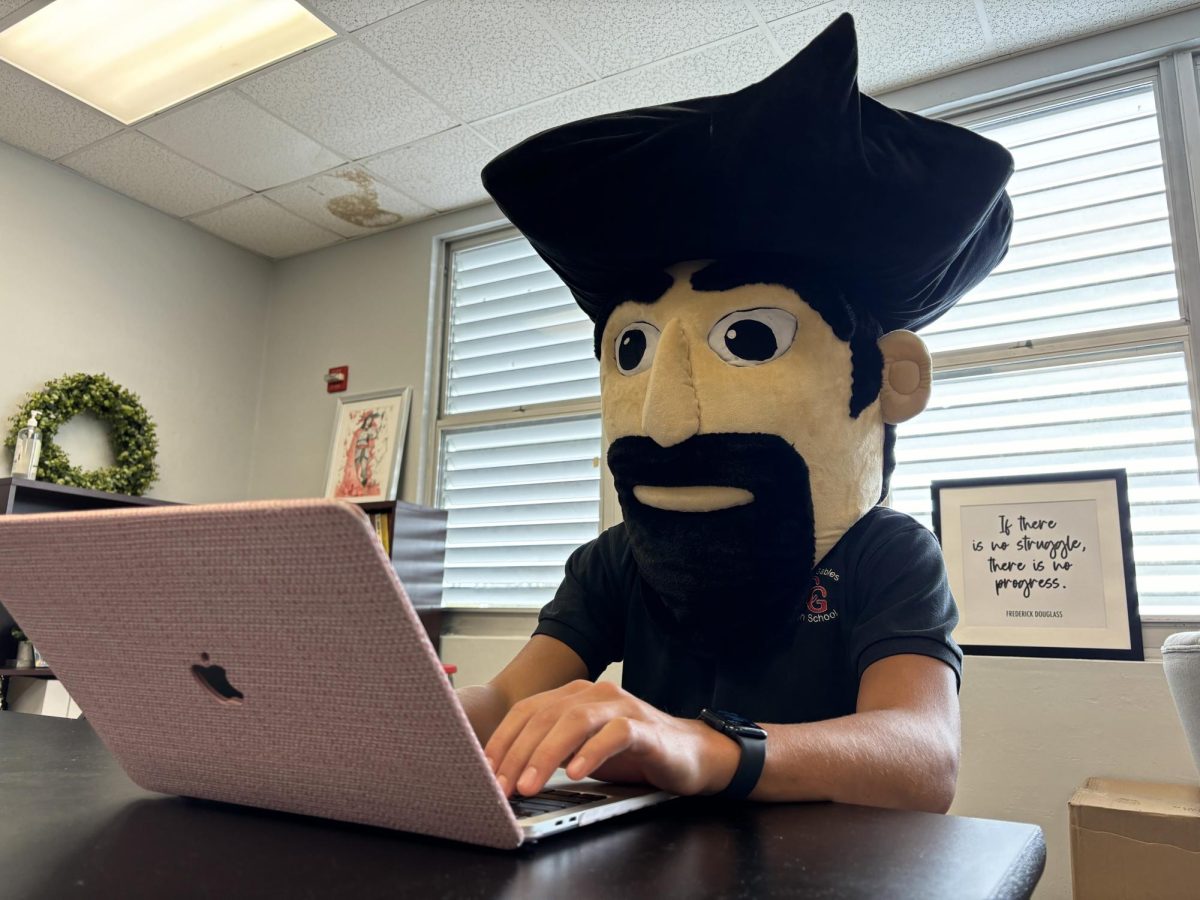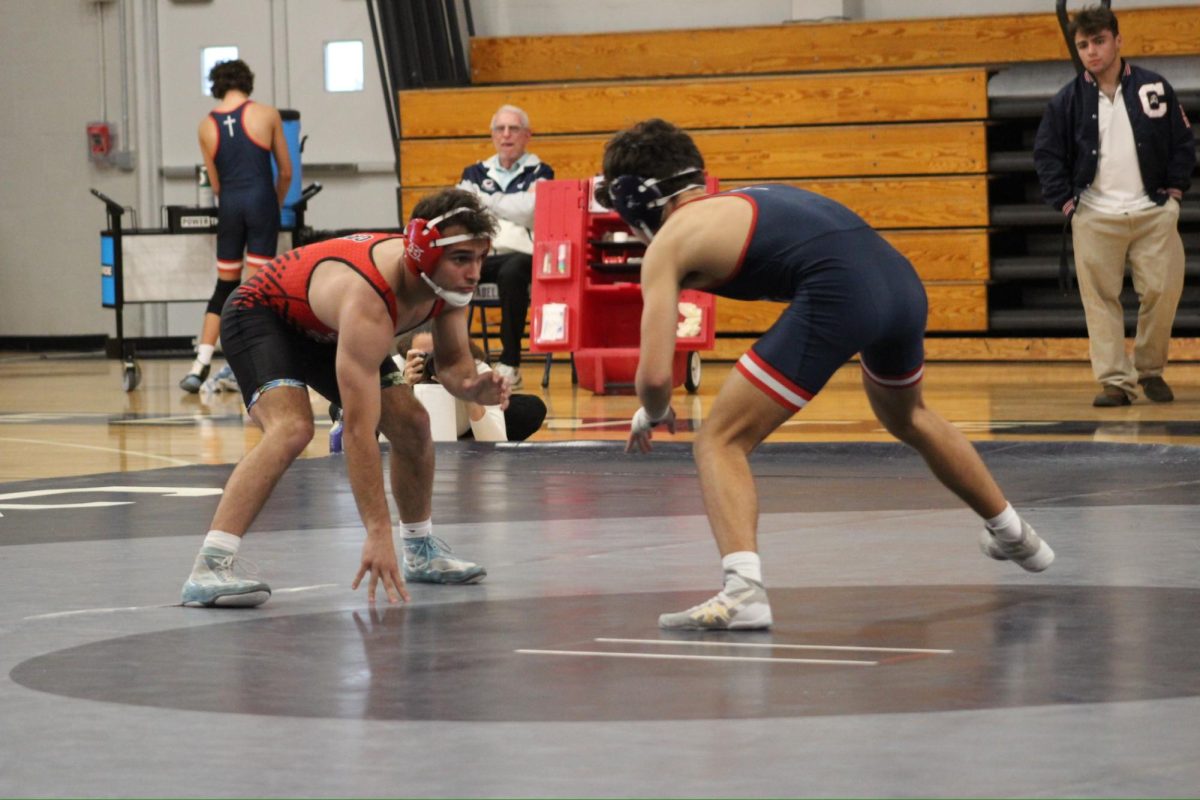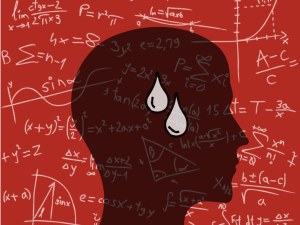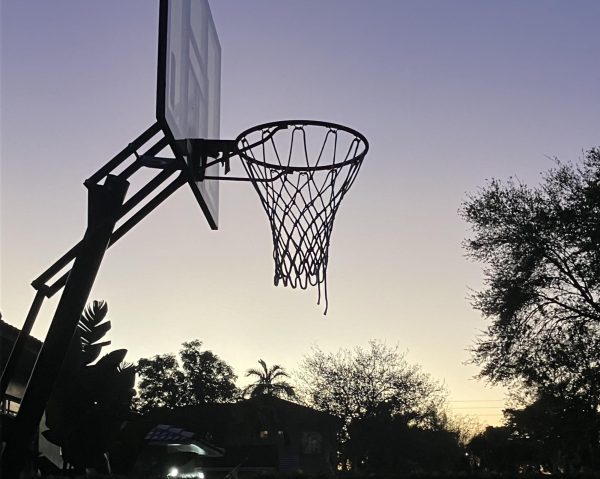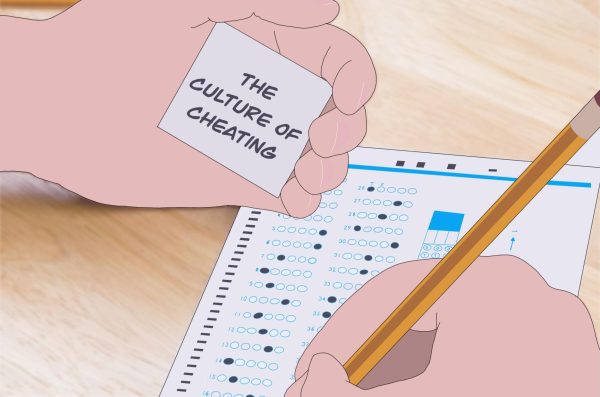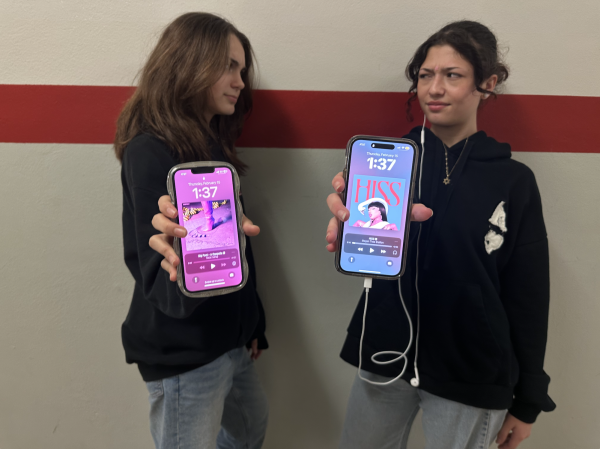Are Professional Sports Becoming Soft?
The Coral Gables and Columbus football teams take the field and compete in a heated match-up.
Dec 15, 2018
Technological advances in the past decades have obviously changed many aspects of society, and the sporting world is no exception. The impact of technology on sports has been overwhelmingly positive, as it has allowed for greater awareness of player safety and offered many improvements in the actual playing of the game. Leagues like the National Football League and Major League Baseball have made drastic rule changes to better protect their players, for fear of career-threatening injuries or permanent brain damage, especially in the case of the NFL. These rule changes have made the respective sports fundamentally different for the sake of player safety, but many feel like the leagues have gone too far in stifling a player’s ability to play freely.

I agree with some of the rule changes in the NFL, like the helmet to helmet contact rule, because they are sensible ways to promote player safety.
— senior Dylan Carol
To say that the NFL made a mistake in moving away from helmet to helmet contact is to blatantly disregard a long history of brain damage to former NFL players and numerous studies advocating for further protection of football players. The same applies to the MLB’s banning of collisions at home plate between runners and catchers, although to a lesser extent in terms of the possibility of brain damage. Both of these rule changes make perfect sense, and even if players are forced to adapt their style of play, it is ultimately for their own safety. Where the NFL goes wrong is the continuation of rule changes in the pursuit of making the game safer, but at the expense of the game itself. The NFL is among the most violent major sports in the world, so it is only natural that they have further regulation to protect their players. This protection should have ended at the elimination of helmet contact, as many of the new rules are knee-jerk reactions to freak injuries. One of the rules that have caused confusion and outrage within the NFL is a revision of the roughing the passer penalty. Under the new rule, which was made shortly after NFL poster boy Aaron Rodgers got injured because of a tackle, defensive players are no longer allowed to put their body weight on the quarterback while making a tackle. This changes the way tackles, the most important part of football, are coached, practiced and executed.
The NFL is not the only sport to take measures towards a safer game for athletes, but it does seem to be the only league willing to move so quickly away from previous regulation. Numerous soccer leagues around the world have instructed their referees to immediately stop when any potential injury to the head occurs. The National Basketball Association has always been conscientious of potential blows to the head, and such fouls usually end in ejection. No major sports league in the world has fundamentally changed the way its game is played for the sake of injuries that are often times freak accidents, and many NFL players are hoping that their employers reverse their actions to match other sports.
“Soccer may not see the same amount of collisions as football, but their response has been far more proportional and reasonable than the NFL’s,” junior Ella Black said.
However ideal it may seem to want to take a stand against injuries that can potentially ruin athletes lives’, it is impractical to achieve this goal by completely changing the way athletes were taught to play the game, only for numerous other injuries to take the place of concussions. While the NFL has seen a drop in injuries to the head as a result of new policies, these very same rules that force defenders to take around the legs has led to an increase in lower body injuries, which can be equally as career threatening. The NFL is trying to become an injury-free league while playing the most violent of the major sports, and its methods have brought criticism from the very same people it tries to protect. NFL quarterback Aaron Rodgers has been quoted as saying “It’s still a collision sport, and those to me are not penalties,” when asked about roughing the passer calls that went his way in a game. It may be difficult for NFL commissioner Roger Goodell to stick to his guns with so much backlash surrounding recent rule changes, but he should do so nonetheless.


